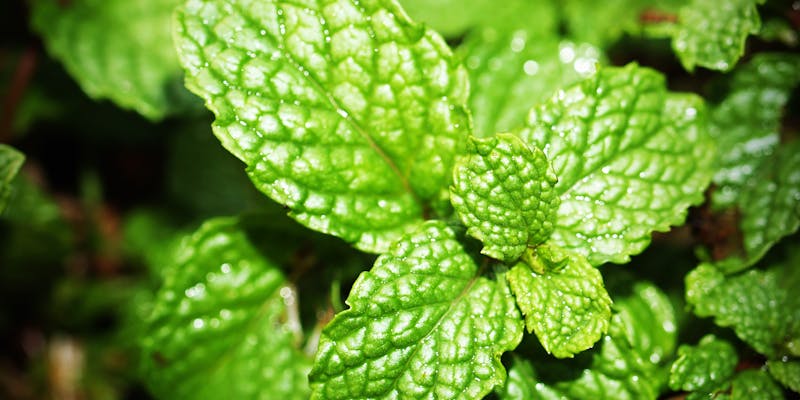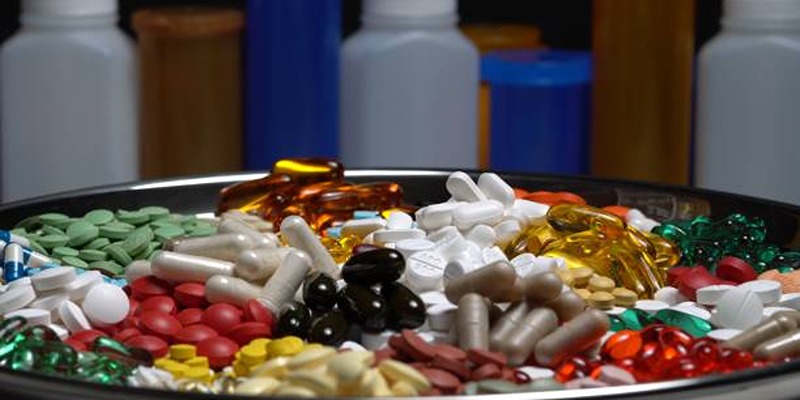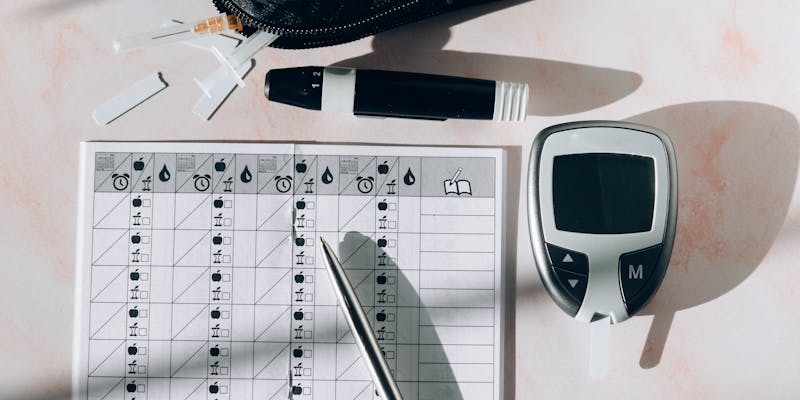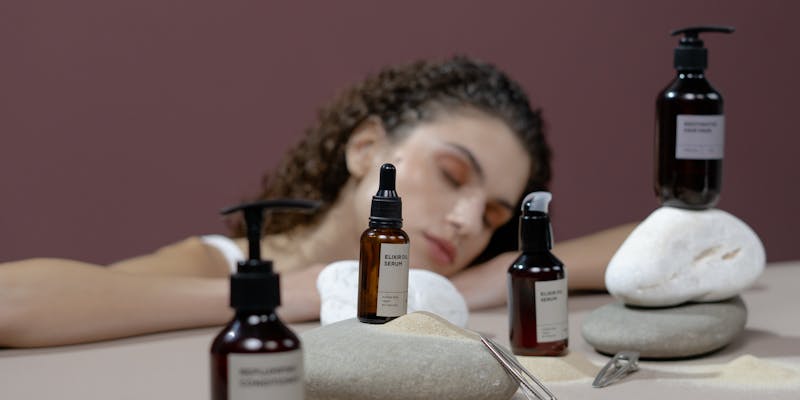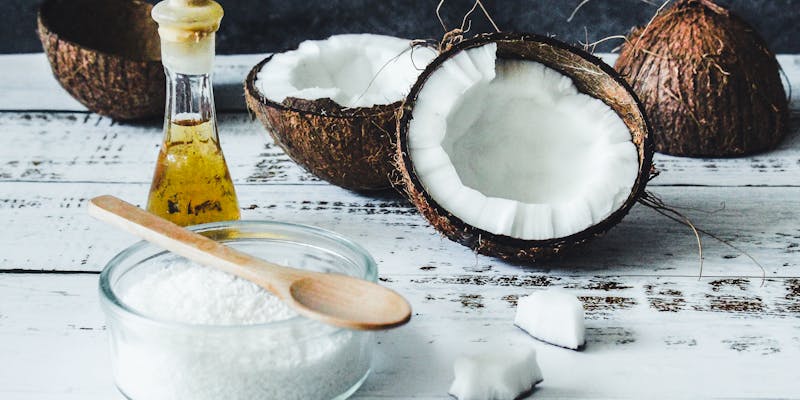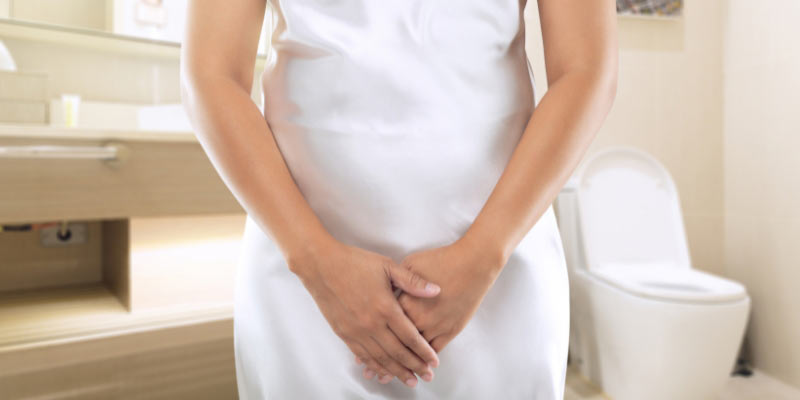The sudden, overwhelming desire to urinate is a common yet confusing event. It may interrupt everyday routines and cause pain when you least expect it. This detailed essay will explore the many causes of spontaneous urination. This knowledge is necessary for personal peace of mind and effective management and resolution of this problem that may affect many people's quality of life.
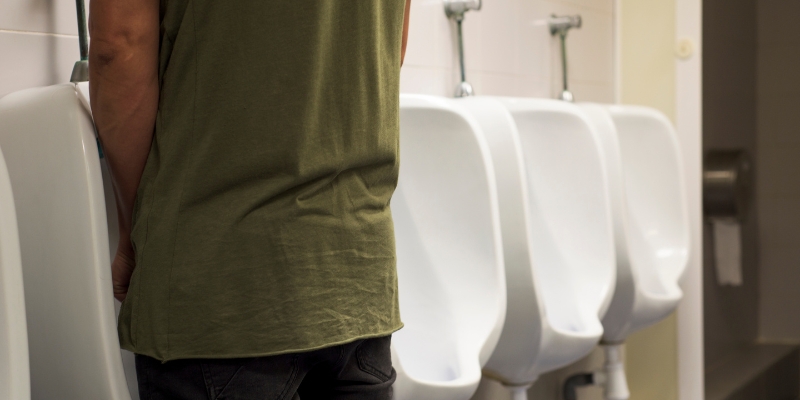
Understanding the Urinary System:
Understanding the urinary system is essential to understanding why a sudden need to pee develops. This complex organ network eliminates waste and maintains fluid and electrolyte balance. This miracle of creation includes the kidneys, which filter waste from the blood; the ureters, which carry urine to the bladder; the bladder, which collects urine; and the urethra, which excretes pee.
Understanding how the Urinary System usually works is critical to understanding what happens when you need to pee suddenly. Urination is well planned. Stretch receptors tell the brain to educate the bladder muscles and urethral sphincters when the bladder fills with pee. These signals compress the bladder and relax the sphincters, enabling urine to enter the urethra. Urination is regulated and voluntary thanks to this coordinated process, which seems simple but is sophisticated.
Common Causes of Sudden Urge to Urinate:
- UTIs: Urinary tract infections have a reputation for causing urgency and pain. Bacterial infections may inflame the bladder lining, causing frequent and abrupt urination. The body's reaction against the infection might include increased urinary frequency, burning, murky or bloody urine, and overall discomfort. UTIs and urgency need prompt diagnosis and treatment.
- Overactive Bladder Syndrome (OAB) is when the bladder contracts involuntarily, causing a sudden, acute need to pee. Even with an empty bladder, this feeling might arise unexpectedly. OAB may interrupt everyday living and require scheduling activities around toilet breaks. Lifestyle changes, medicines, and neuromodulation therapy are standard management methods.
- Dietary factors and bladder irritants can cause sudden urination. Caffeine, alcohol, spicy meals, and artificial sweeteners irritate the bladder, increasing urgency. Recognizing how your nutrition affects your urine patterns helps you make educated choices and prevent unexpected urgency.
- Stress and emotional triggers, frequently overlooked, cause urine urgency. Stress hormones influence the bladder during stress and anxiety. This might cause bladder muscle tension and a sudden need to pee even when the bladder is empty. Recognizing the link between emotions and urine urgency is crucial. Stress management via relaxation, exercise, and mindfulness helps reduce these symptoms.
- While necessary for some health problems, medications like diuretics may increase urination. For instance, diuretics increase urine flow, requiring longer bathroom breaks. Understanding and discussing drug side effects with your doctor is essential for controlling sudden urination.
Medical Conditions and Underlying Factors:
Certain medical diseases and circumstances might increase urination. Considering these variables might help you manage your condition and get medical help.
Diabetes and Its Impact on Urinary Urgency:
Impact of Diabetes on Urinary Urgency: Diabetes, a chronic illness altering blood sugar levels, may significantly impact the urinary system. It may cause diabetic neuropathy, which damages bladder nerves and causes urine urgency and incontinence. Diabetes patients must maintain their blood sugar and have frequent checkups to reduce these complications.
Enlarged Prostate (in Men):
Urinary urgency may be caused by an enlarged prostate in males. As it grows, the prostate gland surrounding the urethra may push on it, blocking urine flow and producing urgency. BPH, a non-cancerous prostate enlargement, is frequent in older men and may cause this problem. Medication to relax the prostate and surgery in extreme situations are alternatives.
Neurological Disorders:
MS and Parkinson's illness may impair bladder nerves. These neurological conditions may cause bladder impulses to be erratic, producing unexpected urination. Symptom-controlling drugs, lifestyle changes, and sophisticated treatments such as sacral neuromodulation may enhance bladder function.
Diagnosis and Evaluation:
Medical assessment is essential for those having frequent impulses to urinate. Your doctor may do numerous tests to determine the reason. Physical exams, urine tests, and ultrasounds or cystoscopies may be performed. The first stage to successful treatment is proper diagnosis, which helps identify the problem's origin.
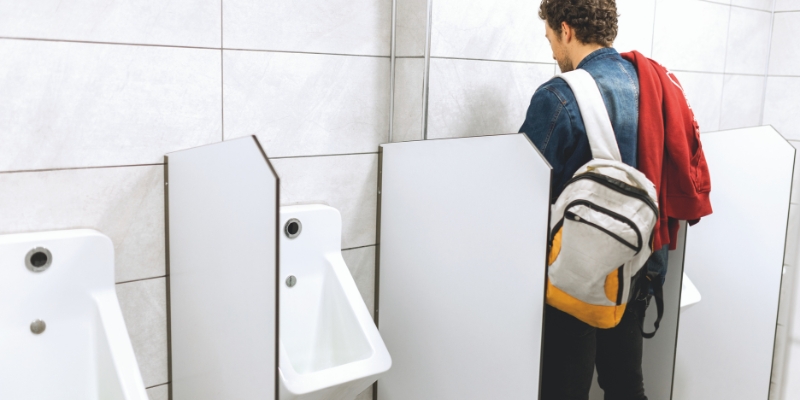
Treatment and Management Options:
Sudden urination may be treated and managed depending on the reason and intensity. Life quality may be significantly improved by good management.
Lifestyle Changes and Behavioral Strategies:
Simple lifestyle changes and behavioral strategies may significantly reduce urgency difficulties. Manage fluid intake to reduce overnight urine, take frequent toilet breaks, and do Kegels to increase bladder control. In bladder training, the time between toilet sessions is progressively increased to enhance capacity and minimize urgency.
Medications and Medical Interventions:
If lifestyle modifications are not enough, medicines may be administered. These drugs may relax bladder muscles, inhibit urgent nerve impulses, or cure UTIs or diabetes. Medical procedures or surgery may be recommended for severe urgency difficulties that do not respond to other therapies. Botox injections or nerve stimulators may treat overactive bladder symptoms when conservative methods fail. Certain instances may need surgery to remove bladder stones or rectify anatomical abnormalities.
Prevention and Coping Strategies:
Several preventative interventions and coping tactics may enhance your quality of life and lessen urgent episodes, although they may not always be feasible.
Staying Hydrated with Balanced Fluid Intake:
Balanced Fluid Intake: Proper hydration is crucial for overall health. To prevent overnight urination, control fluid consumption, particularly at night. Avoiding caffeine and alcohol before sleep helps reduce nighttime urgency.
Bladder Irritant Avoidance:
Avoiding bladder irritants, including coffee, alcohol, citrus fruits, and spicy meals, may significantly improve symptoms. These chemicals may worsen urinary urgency; thus, limiting or eliminating them can reduce it.
Stress Management:
Management of stress may significantly impact urinary urgency. Tension management strategies may lower bladder tension, including meditation, deep breathing, yoga, and mindfulness. Daily relaxation and stress reduction may make a difference.
Good Hygiene and Absorbent Products:
To manage frequent impulses, maintain proper hygiene, and use absorbent goods like adult diapers or pads when necessary. These gadgets provide peace of mind and may help you cope with limited bathroom access.
Conclusion:
Finally, unexpected urination might be complex and confusing. Understanding the causes—UTIs, nutrition, stress, drug side effects, or medical conditions—is essential to efficient care. Addressing this issue requires medical assessment and diagnosis. Lifestyle changes, drugs, and medical treatments may help you manage your urinary health and feel more confident.
Consult a healthcare expert for specialized advice and assistance. Preventive measures and coping tactics may significantly lessen the effect of unexpected urination demands on your everyday life and well-being. With education, proactive efforts, and support, you may manage urinary urgency and reclaim your peace of mind.
